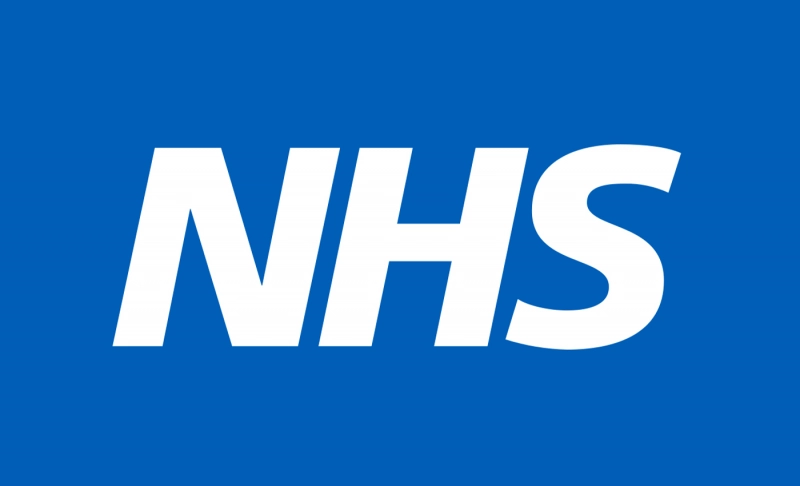By: Laura Vitelli
May 25 2022

The edits in question do not alter details regarding current medical knowledge of the monkeypox virus.
The edits in question do not alter details regarding current medical knowledge of the monkeypox virus.Following the recent outbreaks of monkeypox in several countries around the world, a recent post on social media falsely implies that changes made to the NHS website’s information page on monkeypox are “revising the science.” This implication is that the recent outbreaks are not occurring naturally or spontaneously, but are instead in some way coordinated, or planned. The post compiles screenshots from the monkeypox information page purportedly taken from November 2021 and May 19 and 22, 2022. It draws attention to three deleted blocks of text and two additional blocks. The deleted text from the November 2021 version of the page describes monkeypox as a mild illness which usually gets better without treatment, but can occasionally develop into more severe cases. The deleted text from May 19 states that it is uncommon to contract monkeypox from a person with the infection because it spreads through close personal contact (as opposed to airborne transmission) and that most people recover from the infection within a few weeks. The added text on the May 19 and 22 versions of the page states that you should contact your GP if you have been in contact with someone who has had monkeypox in the last three weeks, and adds that you are required to self-isolate. The social media post in question, which claims that these edits constitute a “revision of the science,” mistakes updates made to the information and guidelines for revisions. These edits are not addressing or revising the medical information given about monkeypox, but are instead simply making new recommendations for the public, likely because this outbreak is the largest outbreak of monkeypox yet seen in the U.K. These updates are to be expected following the reports of increasing numbers of recently diagnosed monkeypox cases around the world, with over 71 cases having been identified in the U.K. so far. The NHS has updated its website in response to the developing situation. We have therefore marked the post as misleading.